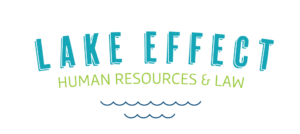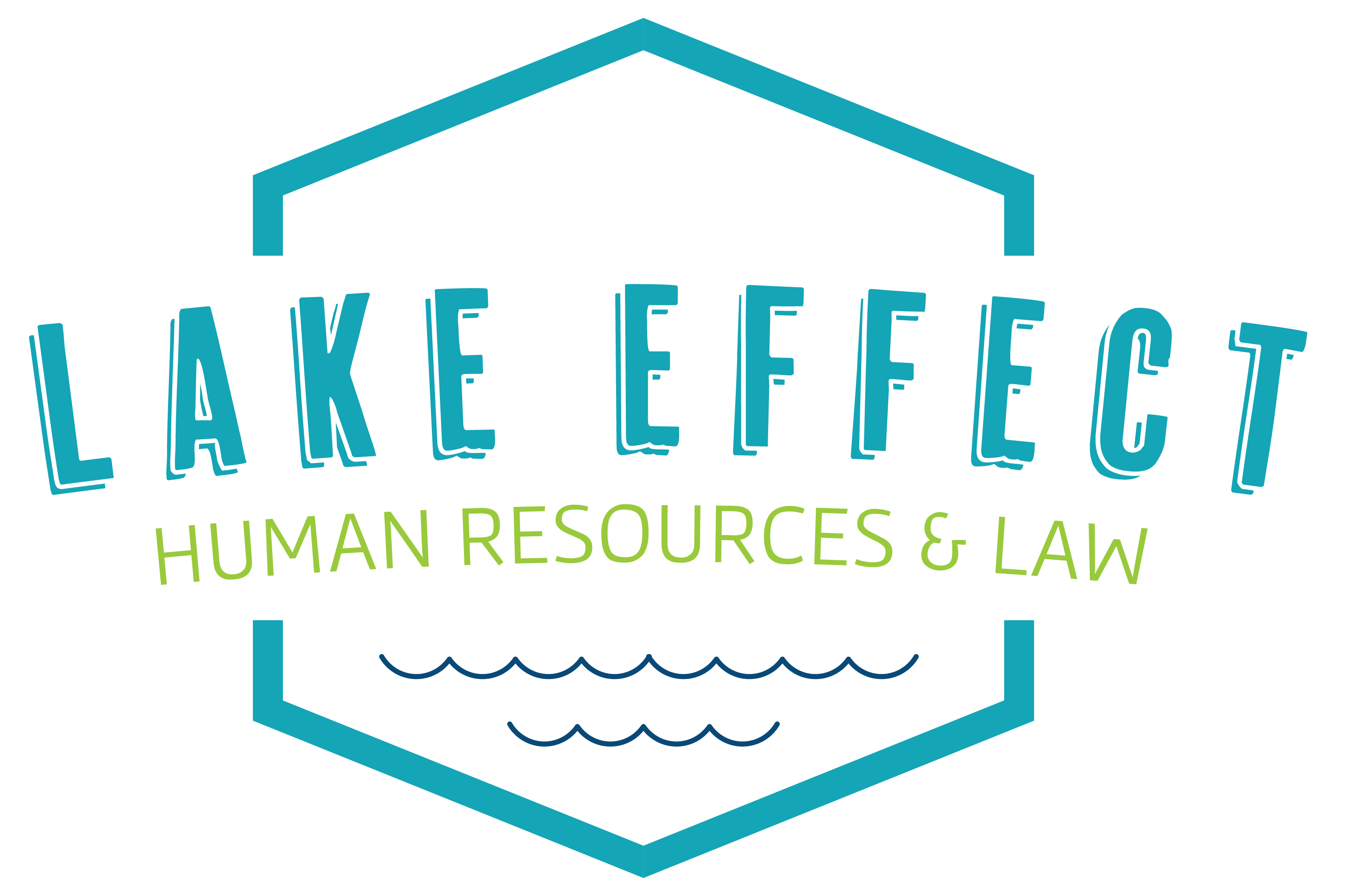OSHA and the US Department of Labor provide additional guidance on employee health screening information and FFCRA leaves
As more employers resume onsite operations and welcome employees back to the workplace, OSHA continues to update its Guidance on Returning to Work. New guidance highlights potential document retention obligations for employers that record employee health screenings and/or temperature checks related to COVID-19 symptoms. OSHA specifies that if an employer creates records relating to those screenings, the records might qualify as medical records under the Access to Employee Exposure and Medical Records Standard (29 C.F.R. 1910.1020). Under this standard, the employer is required to retain an “employee medical record” for the duration of the worker’s employment plus 30 years. Notably, however, records of these activities will not constitute a covered “employee medical record” for purposes of OSHA’s record retention requirement unless they are records “concerning the health status of an employee which is made or maintained by a physician, nurse, or other health care personnel, or technician.” Furthermore, employers are not required to make a record of health screening responses and/or temperature checks. Employers can choose to simply receive the information in real time, make a decision, and not even create a record of the results. That may be the best practice for employers, given the current uncertainty in this area.
The Department of Labor’s Wage and Hour Division also issued a new Field Assistance Bulletin that addresses the rights and obligations of employees who request FFCRA leaves to care for children this summer. FFCRA requires employers to provide eligible employees with up to 12 weeks of expanded family and medical leave if the employee is unable to work or telework because they need to care for a child whose “place of care” is closed for reasons relating to COVID-19. The bulletin specifies that for purposes of FFCRA, “place of care” includes summer camps, summer enrichment programs, and summer school. Thus, an employee may request the expanded family and medical leave due to such closures and the resulting need to care for a child. However, that employee must support the request, either orally in writing, by providing the employer with:
- an explanation of the need for the leave,
- the name of the child,
- the name of the specific summer camp or program that the child would have attended had it not closed, and
- a statement that no other suitable person is available to care for the child.
Notably, the employee must also provide some evidence of a plan for the employee’s child to attend the summer camp or program (i.e. prior attendance, submission of an application or a deposit, or some other evidence of an intent to enroll). Recall under prior IRS guidance, parental care is primarily limited to children under age 14, unless the child is older and has certain condition/s that require enhanced care.
If your organization conducts health screenings as part of COVID-19 prevention efforts, or if you have any questions about employee eligibility for FFCRA leaves, contact your HR and employment law partners at Lake Effect. We can help guide you through this rapidly evolving legal landscape. Please keep watching for blogs and emails from us for important legal updates and HR best practices. Contact us at info@le-hrlaw.com or 1-844-333-5253.




